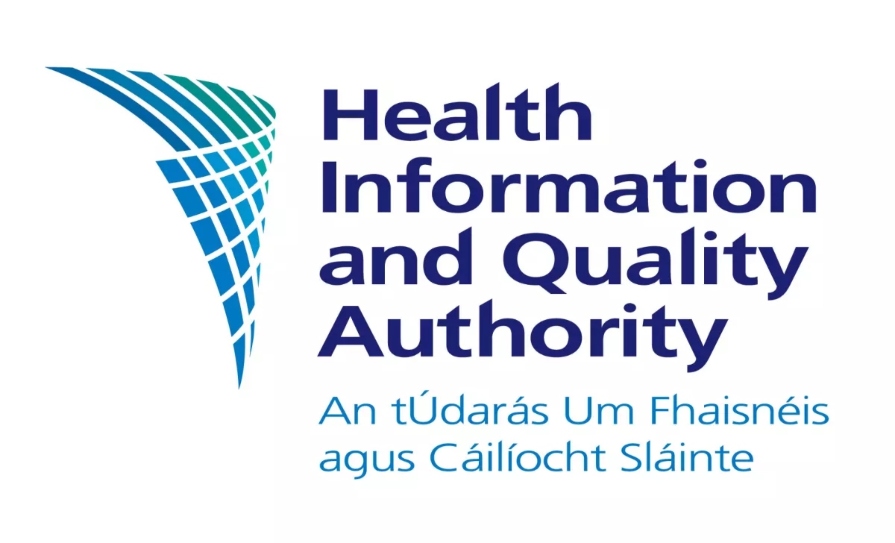Patients with conditions outside those contained within the current structured chronic disease management programme (CDM) may face challenges in receiving adequate care in the coming years and decades, Dr Austin Byrne, a GP based in Tramore, Co Waterford, told the Medical Independent (MI).
Dr Byrne was one of the speakers during the Friday evening session of the IMO AGM (14 April), which focused on the future of healthcare policy. In his presentation, the IMO GP committee member outlined some of the successes of the CDM programme.
However, he also pointed to statistics showing the growing percentage of over 65 year olds in the population, and the resulting challenge this will pose to healthcare in the coming decades.
“If we were to just look at the components that the chronic disease management programme now covers, will we satisfy the need for those patients who emerge into the future? I think we will, because it is a scalable programme,” Dr Byrne told MI.
The current structured CDM programme covers, type-2 diabetes, asthma, chronic obstructive pulmonary disease and cardiovascular disease, including heart failure, heart attack, stroke, and atrial fibrillation.
“So my fear would be for the other stuff that lies outside,” said Dr Byrne.
“For example, we have no cover in place for patients with rheumatological conditions, patients who need extra cancer care, patients with palliative care needs, patients with life-limiting conditions that aren’t mentioned [in the CDM] …so until we have other models that scale up, they are going to suffer.”
On general health policy, Dr Byrne told MI: “Sláintecare was really strong on ideals and vision, good ideas…But what Sláintecare didn’t do was have any real economic scope…their proposed budget for transitioning all the additional items of care out into primary care and general practice was woefully inadequate”.
He believed the health service would be better “if we had more targeting of funds into chronic disease like programmes that can scale up naturally and draw from funding as they produce activity”.
“If we had a more open-market approach to evolving and developing healthcare in Ireland rather than a top-down traditional model of parachuting a centre, staffing it and hoping that the right sort of care emerges.”
The Friday session was also addressed by Dr Anne Dee, Consultant in Public Health working in the HSE Mid-West Region and Chair of the IMO public health committee.
Dr Dee showed the AGM attendees figures outlining the bed capacity and workforce deficits within the Irish health system. She also noted that “care in the community is not necessarily cheaper [than hospital care] and must be properly resourced”.
Dr Dee said that “healthcare inflation is likely to be unsustainable”, later adding “we spend a lot of money on healthcare…I think with healthcare the way we are doing it, the way we are paying for it, is unsustainable, I think in twenty years time it is just not going to be possible”.
Dr Dee warned that the current pressure on the health system “is burning out our workforce and making the Irish health service very unattractive [to healthcare staff]”.












Leave a Reply
You must be logged in to post a comment.